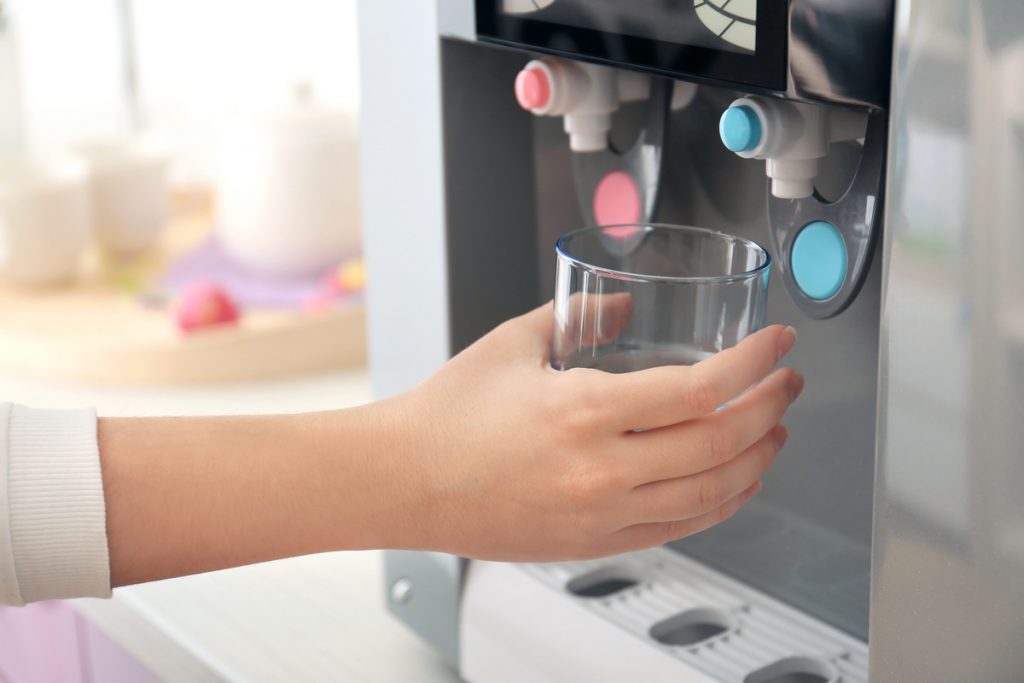One of the important factors that we should do is to test the water quality available in your home before choosing a purifier. The one-size-fits-all formula doesn’t apply to water purifiers which makes it essential to check the water quality before making the final decision. You can get the help of a professional to test the water quality and make the final decision based on the types of contaminants present in water.
Here are some of the steps through you can ascertain the water quality at home:
Smell the Water: Use your senses to gauge the quality of water. If you find a bleach smell in the water, then it is because of the chlorine added to your water by the local treatment plant. If you find rotten-egg smell, then it indicates bacterial growth in the water. Musty or earthy smell indicates decaying of organic matter in the water.
Presence of Particles: See if the water has any visible minute particles in it. Generally, tiny rust particles can be witnesses in water due to rusts in pipes and faucets. Other than this, if the water appears to be cloudy, then it indicates high calcium and magnesium content present in the water.
Check the Taste: Check the quality of water using your taste buds. If the water tastes foul or has a metallic taste, then it has low Ph levels or has excess mineral content. Excess chlorine in water results in taste like bleach.
Check the Color: If the color of the water is brown or pale yellow, then it suggests the immediate need for a water purifier. The brown, murkier discolored water can again be the result of rusty pipes and faucets.
Corrosion Build-up: Check for corrosion build-up in your pipes and faucets. You can see blue, white or rust-colored build up in pipes, which indicates the presence of foreign particles in the water.
If the water available in your home shows any of the above issues, then it is time to get home a good quality water purifier.

